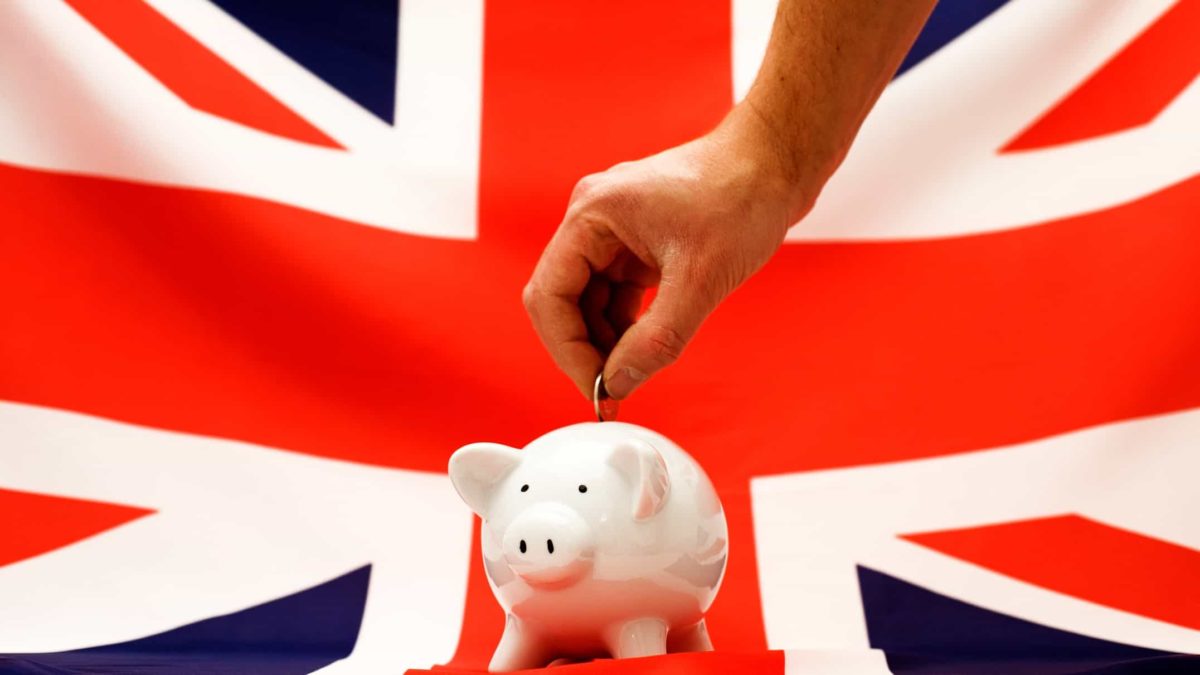Here in Australia, investors tend to obsess over the day in, day out performance of the S&P/ASX 200 Index (ASX: XJO). And fair enough too. The ASX 200 is our flagship Australian share market index, tracking the performance of the 200 largest public companies in the country. Nothing gives us a better look at how Australian shares are performing than the ASX 200.
But Aussies also like to look at other indexes around the world as well. There's the S&P 500 Index (INDEXSP: .INX), and the NASDAQ-100 (INDEXNASDAQ: NDX) indexes for American shares.
And there's also the FTSE 100 Index (INDEXFTSE: UKX). The FTSE 100 measures the performance of the largest 100 companies over in the United Kingdom. It's this latter index that we'll be taking a closer look at today.
The FTSE 100 is an interesting case. Because, unlike the ASX 200, or the S&P 500 and Nasdaq, the FTSE 100 has not yet surpassed its pre-COVID highs.
How has the FTSE 100 performed in 2021 compared to the ASX 200?
So just to recap, the ASX 200 is currently up 10.53% year to date in 2021, including today's movements so far. What of the FTSE 100? Well, the FTSE is currently up 6.03% in 2021 as of today. It's also up 12.18% over the past 12 months, again not quite matching the ASX 200's 21.23% over the same period.
So why this underperformance compared to the ASX 200?
Well, to answer that question, let's check out the shares that make up the majority of the FTA 100's weightings right now. This data comes from BetaShares, the provider of the ASX's only FTSE 100 exchange-traded fund (ETF), the BetaShares FTSE 100 ETF (ASX: F100):
| FTSE 100 share | Index weighting (%) |
|---|---|
| AstraZeneca plc (LON: AZN) | 7% |
| Unilever plc (LON: ULVR) | 5.7% |
| Royal Dutch Shell plc (LON: RDSA)(LON: RDSB) | 5.7% |
| HSBC Holdings plc (LON: HSBA) | 4.4% |
| Diageo plc (LON: DGE) | 4.3% |
| GlaxoSmithKline plc (LON: GSK) | 3.7% |
| Rio Tinto plc (LON: RIO) | 3.3% |
| British American Tobacco plc (LON: BATS) | 3% |
| BP plc (LON: BP) | 3% |
| BHP Group plc (LON: BHP) | 2.5% |
How have FTSE 100 shares performed lately?
Ok, so some interesting observations here. Firstly, you might see some familiar names here with BHP and Rio Tinto. These actually reflect these Australian companies' London listings (they are also both listed over in the United States). So yes, these two companies contribute to the ASX 200, as well as the FTSE 100.
You might also notice the FTSE 100's largest holding is none other than AstraZeneca, a company that most of us would probably be familiar with these days for obvious reasons. AstraZeneca shares have had a rather successful 2021 so far, gaining close to 14% year to date. However, the shares are also still down 3.34% over the past 12 months.
GlaxoSmithKline is also a pharmaceutical company (it's the face behind brands like Panadol). GSK is up slightly year to date, but down 12.3% over the past year.
Other than that, we see the consumer staples giant Unilever here (the company behind Lynx deodorant, Dove soap, Omo washing powder, and Lipton tea). Unilever shares are down more than 9% in 2021 so far, and down more than 13% over the past year.
We also see the oil giants BP and Royal Dutch Shell. Like ASX energy shares, these companies have been struggling over the past year or so. Both are up in 2021 so far but BP remains down over the past 12 months.
We also have a bank in HSBC (which stands for Hong Kong and Shanghai Banking Corporation). HSBC shares are up moderately in both 2021 and over the past year.
Rounding it out we have a couple of 'sin stocks' in Diageo and British American Tobacco. Diageo is the giant alcohol company behind famous brands like Johnny Walker, Guinness and Tanqueray. While British American Tobacco makes cigarettes and tobacco products (including the Winfield brand).
Diageo has been a top FTSE 100 performer, putting on gains of almost 18% in 2021 so far, and 21.7% over the past 12 months. British American Tobacco is in the red over both periods.
Foolish takeaway
So it's pretty easy to see where some of the FTSE 100's lacklustre performance has come from in 2021 so far. Unlike the ASX 200, the FTSE 100 is not concentrated heavily on banks and mining companies, although they are present.
Shares like Commonwealth Bank of Australia (ASX: CBA) and BHP Group Ltd (ASX: BHP) have done most of the heavy lifting when it comes to the ASX 200's performance this year so far. In contrast, top FTSE shares like AstraZeneca and Unilever have performed far more poorly. As such, we can see what has made both indexes tick in recent times.
Still, every index tends to have its day in the sun, so who knows what the future might hold for both the FTSE 100 and the ASX 200.







